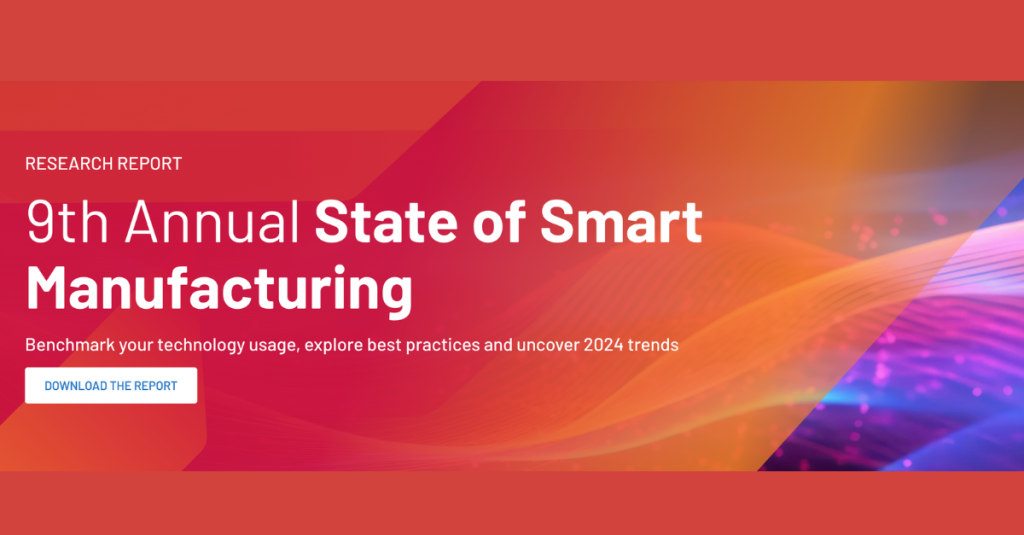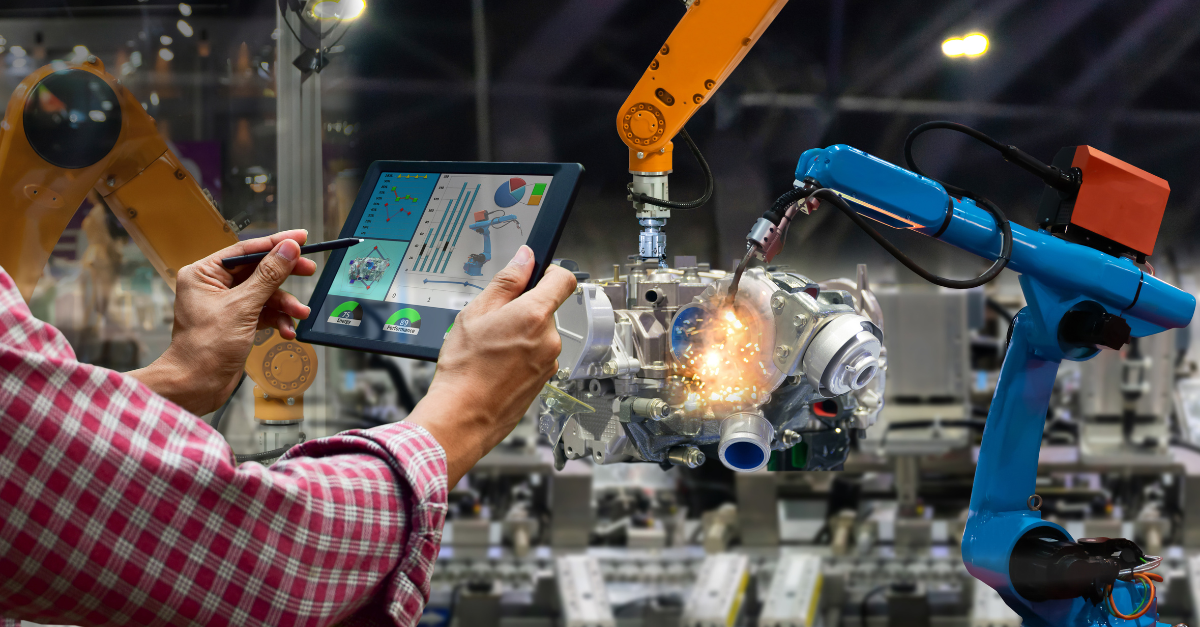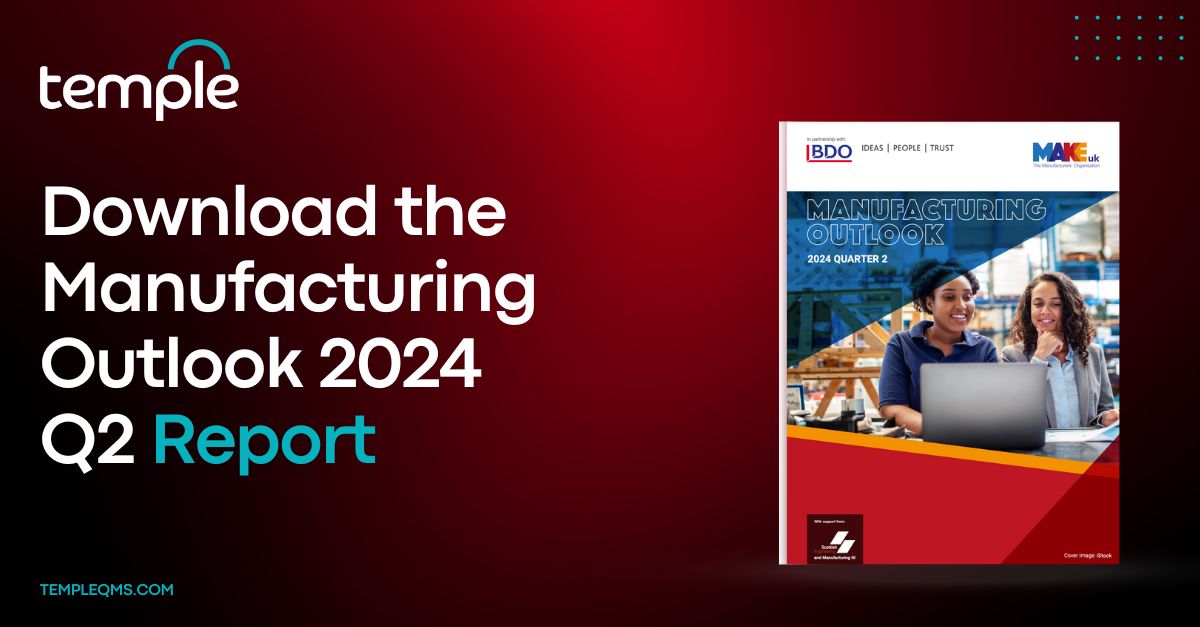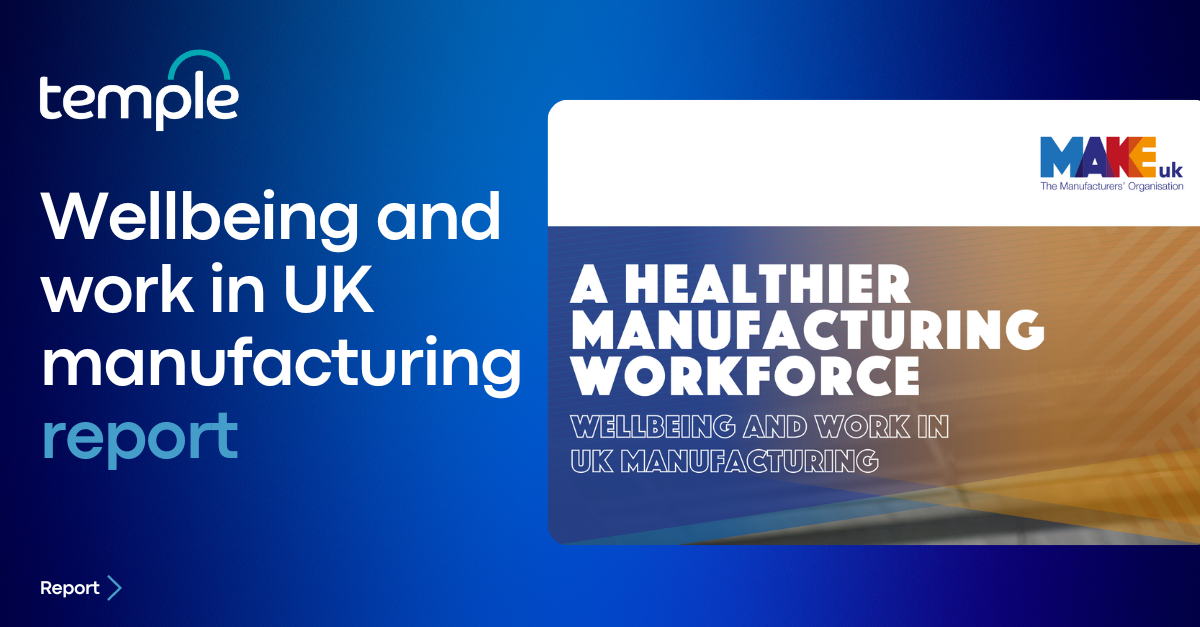Sarah Dana, Director of Enterprise Software Sales for Northern Europe, Middle East and Africa at Rockwell Automation, shares her insights on the standout findings for UK manufacturing from the 2024 Rockwell Automation State of Smart Manufacturing report.
In recent years, the landscape of manufacturing in the United Kingdom has undergone a profound transformation, fuelled by the relentless march of technological innovation. Smart manufacturing, an amalgamation of cutting-edge technologies and data-driven processes, has emerged as the cornerstone of this evolution, reshaping traditional production paradigms, and revolutionising how goods are manufactured. With a rich industrial heritage dating back centuries, the UK has embraced smart manufacturing to drive efficiency, competitiveness, and sustainability in its manufacturing sector. From adopting artificial intelligence (AI) and Internet of Things (IoT) technologies to integrating robotics and automation, UK manufacturers are harnessing the power of digitalisation to optimise operations, enhance product quality, and meet the demands of an increasingly dynamic global market.
This year’s State of Smart Manufacturing report from Rockwell Automation yielded some exciting results; some were expected, while others were a surprise. One technology that featured prominently in many results was AI. In the 2024 survey, 88% of the companies surveyed in the UK said they have invested in or plan to invest in artificial intelligence (AI) and machine learning (ML) in the next 12 months. While that may not come as a surprise, its adoption is gradually changing.
When working with customers in the past, the approach typically involved large-scale projects to overhaul legacy systems. However, companies’ current focus is on enhancing efficiency, reducing costs, increasing competitiveness, and introducing new products to the market. AI and data play pivotal roles in achieving these objectives. Previously, data was scarce, but now there is an abundance of it, raising questions about how to capture and use it effectively to drive organisational efficiency.
The role of data in the digital transformation
AI projects aim to leverage this wealth of data, delivering pertinent information to decision-makers based on their roles. Many organisations are experiencing significant efficiency gains, particularly in areas such as energy management, where digitalisation was previously lacking but is now gaining momentum. Additionally, efforts are underway to leverage data to streamline processes and free up employees’ time, enabling them to perform their jobs more effectively. This newfound visibility spans all levels of the organisation, from the shop floor to senior management, facilitating informed decision-making and driving positive outcomes.
Before implementing artificial intelligence (AI), companies must ensure their infrastructure is AI-ready and verify the accuracy of their data sources. Identifying the most valuable use cases and prioritising them on a roadmap is crucial for efficient AI adoption. We initiate a discovery phase during client engagements to pinpoint their primary pain points. Quality assurance is a top concern, affecting downtime, scrap, rework, and regulatory compliance. Leveraging analytics reduces scrap and rework while enhancing product traceability and overall quality. Manual procedures exacerbate errors, leading to increased costs. However, there’s no one-size-fits-all approach; each company requires a tailored roadmap focusing on use cases that promptly deliver revenue or optimisation benefits.
Data and improved use are considered crucial advantages in enhancing performance. When asked how they perceive leaders in their field using the data collected, 34% of companies in the United Kingdom believed it went into developing better AI and ML applications. However, any data-driven project must carefully consider the sources of data it relies on. Assessing the diversity of available data sources and deeply understanding your business’s nuances is essential to contextualise information and derive meaningful insights effectively. Using inaccurate data can lead to flawed decision-making outcomes.
Therefore, it is crucial to ensure that suitable datasets from various sources are utilised, as a broader range of data sources enhances the accuracy and reliability of the analysis. Our technology tools are specifically designed to help contextualise data, and we have forged partnerships with industry leaders like Microsoft to enhance data processing efficiency further. These collaborations extend across different data levels, from operational technology (OT) to the Internet of Things (IoT), from levels 0 to 4, and into the IT space at levels 4 and 5.
The importance of collaboration
Rockwell Automation has over a century of experience but, despite that, has made significant investments in the digital realm over the past decade. These investments include strategic acquisitions like Plex, our cloud platform for MES; Fiix, our CMMS solution; and Knowledge Lens, a services and solutions provider, which has joined Kalypso, our digital services business.
These acquisitions serve a specific purpose and acknowledge that we do not operate in isolation. Collaboration within our ecosystem is also critical, as projects entail more than technology or delivery aspects. Our partnerships with leading companies such as Dragos, Claroty, Microsoft, Cisco, and Accenture help to streamline the supply chain, simplify project implementation, and provide the best value for your automation investment. Cloud technology, particularly Microsoft Azure, plays a significant role in our strategy. Our partnership with Microsoft has enabled us to host our solutions, such as Plex, natively on the cloud, catering to the European market.
The Microsoft partnership is a shared vision of creating and delivering the best solutions to enable intelligent factories by simplifying complexity in how manufacturers design, operate, and maintain their enterprises. AI, IoT and automation solutions are poised to help reshape the entire industrial value chain. Achieving smart manufacturing outcomes will require our people, processes, and places to operate seamlessly between physical and digital environments.
This year’s survey highlighted the importance of cloud and software as a service (SaaS). When asked which smart manufacturing technologies their company invested in had the most significant ROI over the last 12 months, cloud and SaaS came out top at 19%, followed by supply chain planning (14%) and advanced analytics (12%).
UK leads Europe in technology spending
The survey revealed that in the United Kingdom, 73% of companies spend between 21% and 50% of their operating budget on technology investment, the highest level in Europe. However, 22% spent less than 20%, while 6% spent more than 50%. The UK leads Europe in acquiring technologies to drive efficiencies, supported by government initiatives in the water industry and infrastructure. This governmental support and a visionary drive fuel these digital initiatives.
An example of this is our work with Severn Trent and their partners, providing AI to automate and monitor entire waste catchments in the UK. This is part of an industry-first trial launched in Derbyshire, Alfreton, which is trialling the AI until 2025 and aims to run indefinitely. The AI technology will predict weather conditions, forecast maintenance, and control waste flow to better manage its sewage network. The project is part of the Ofwat Innovation Fund, which aims to grow the water sector’s capacity to innovate, enabling it to meet better the evolving needs of customers, society and the environment.
In projects, we consider three main aspects. First, technology itself brings value to the organisation. Second, there’s the crucial change management aspect, transitioning the mindset from old to new to effectively adopt technology and capture its value. Finally, companies now focus on justifying investments and capturing value from digital solutions, a critical aspect alongside technology and people.
The importance of people
In any digital transformation, people are all too often the forgotten dimension. According to the survey, manufacturers invest in people and technology to advance. Rather than having AI replace roles, organisations are looking to use AI to tackle roles they are struggling to fill today. To address the manufacturing industry’s labour shortage and skills gap, 38% of companies in the United Kingdom are spreading the net in their search for talent by leveraging remote work to access a wider talent pool for remote-capable jobs.
As many seasoned workers retire, younger generations with a strong affinity for technology enter the workforce. Technology is indispensable to attract and retain these individuals. Moreover, transferring knowledge from retiring employees to new hires is crucial. Leveraging available technologies can facilitate this knowledge transfer process, reducing training time by up to 50% and minimising errors among new employees.
Some companies mandate extensive training periods for new staff, often conducted in a classroom setting, delaying their on-the-job performance. We can provide real-time on-site insights by utilising technology, such as augmented reality (AR), preventing errors and ensuring worker safety. This enhances the quality of finished goods and appeals to tech-savvy young professionals.
The COVID-19 pandemic accelerated technology adoption, with remote work becoming more prevalent. AR tools, already integrated into our personal devices, offer hands-free solutions for on-site tasks, enabling faster and more efficient job completion.
Technological advancements, particularly in smart manufacturing, have profoundly influenced the evolution of manufacturing in the United Kingdom. Adopting artificial intelligence and data-driven processes has reshaped traditional production methods, driving the sector’s efficiency, competitiveness, and sustainability. As UK manufacturers navigate the complexities of modern-day production, strategic investments in technology, people, and partnerships are crucial for success in an increasingly dynamic global market.





